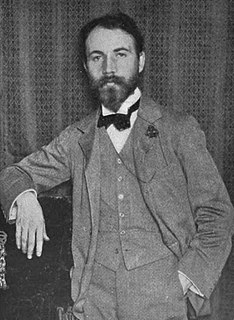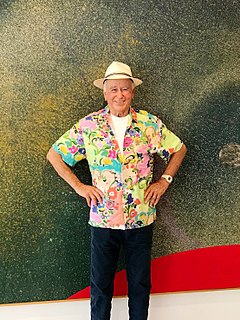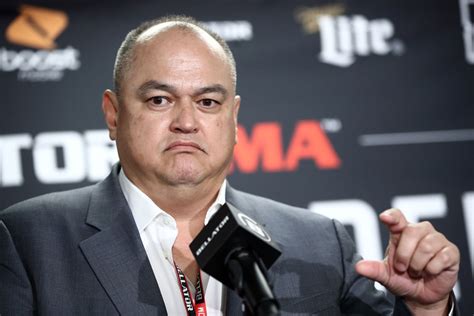A Quote by George Carlin
Comedy, although it is not one of the fine arts - it's a vulgar art, it's one of the people's arts, it's the spoken word, the writing that goes into it is an art form - it's certainly artistry.
Related Quotes
Nursing is an art: and if it is to be made an art, it requires an exclusive devotion as hard a preparation as any painter's or sculptor's work; for what is the having to do with dead canvas or dead marble, compared with having to do with the living body, the temple of God's spirit? It is one of the Fine Arts: I had almost said, the finest of Fine Arts.
There is always, in the fine arts, a physical interface between the artist's esthetic vision and the material result he seeks. The interface may be the application of brush to canvas, chisel to marble, bow to string... It may be the control of voice in song or the control of body in dance. It is the mastery of the interface that comprises the artistry; it is what constitutes the 'art' in fine art.
Dancing and building are the two primary and essential arts. The art of dancing stands at the source of all the arts that expressthemselves first in the human person. The art of building, or architecture, is the beginning of all the arts that lie outside the person; and in the end they unite. Music, acting, poetry proceed in the one mighty stream; sculpture, painting, all the arts of design, in the other. There is no primary art outside these two arts, for their origin is far earlier than man himself; and dancing came first.
Art, in the widest sense of the word, is the instrument Hellenism has used and would use for that purpose. All the arts, poetry, music, ritual, the visual arts, the theatre, must work singly and together to create the most comprehensive art of all, a humanized society, and its masterpiece, the free man.
The arts are not a frill. The arts are a response to our individuality and our nature, and help to shape our identity. What is there that can transcend deep difference and stubborn divisions? The arts. They have a wonderful universality. Art has the potential to unify. It can speak in many languages without a translator. The arts do not discriminate. The arts lift us up.
The division between the useful arts and the fine arts must not be understood in too absolute a manner. In the humblest work of the craftsmen, if art is there, there is a concern for beauty, through a kind of indirect repercussion that the requirements of the creativity of the spirit exercise upon the production of an object to serve human needs.

































